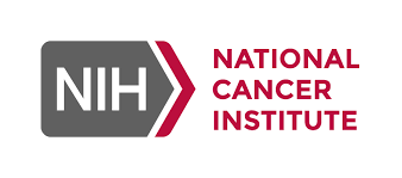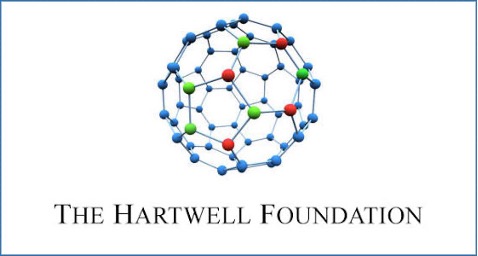Jiang Lab
- Research
- Publications
- People
- Opportunities
The Jiang Laboratory studies the molecular mechanisms of RNA and DNA editing in normal and cancer stem cells, how these editase enzymes are regulated in different cellular contexts, and how to target these pathways in pre-clinical models of both solid tumor and blood malignancies. The Jiang lab is pursuing these interests by studying the functions and molecular targets of DNA/RNA editing enzymes that specify normal stem cell development and maintain cancer stem cells (CSCs) in T-cell lymphoblastic leukemia and ovarian cancer models. We employ a variety of bioinformatic, molecular and cell biological tools, as well as patient samples and xenograft mouse models to address these questions surrounding human health and disease.
Project 1: Investigating the role of A-to-I RNA editing in T-cell Acute Lymphoblastic Leukemia stem cells as a therapeutic targetEpitranscriptomic ADARs (adenosine deaminase acting on RNA) are a class of enzymes that catalyze adenosine-to-inosine (A-to-I) changes in RNAs. CSCs often harbor increased adenosine-to-inosine RNA editing, a phenomenon by which a cell can change its RNA to improve survival and expansion. Put simply, RNA editing allows cells to “re-invent” their own RNA to create new proteins that might help the CSCs escape chemotherapy and cause relapse. This aberrant ADAR1 activation is a crucial event in the oncogenic transformation of normal progenitors to CSCs. In this project, we are interested in understanding the roles of ADAR1 in lymphoid progenitor maintenance and cancer derived from lymphoid progenitors such as T-cell lymphoblastic leukemia (T-ALL). We leavage scRNA-sequencing, organoid models, and PDX mouse models to explore the RNA targets and molecuar basis of our finding.
|
Our research is currently or has been previously supported by these generous funding organizations:


